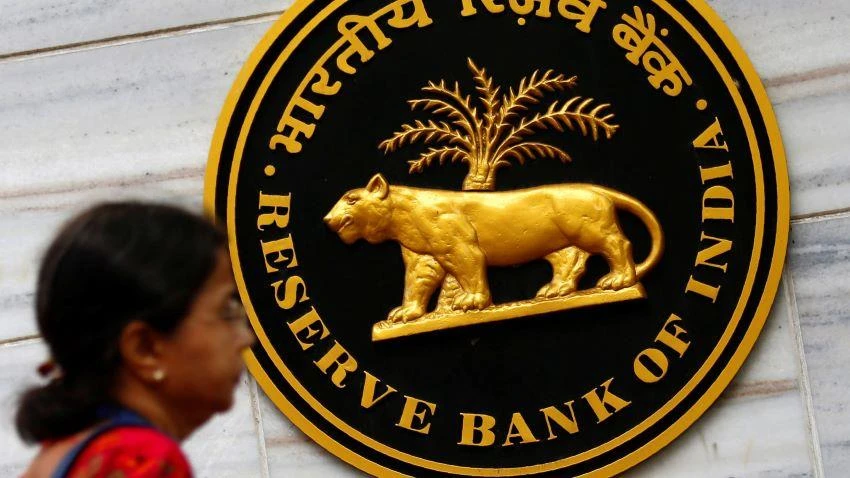
The central banks of India, Thailand and New Zealand all lowered their key interest rates on Wednesday, following the U.S. Federal Reserve's decision to cut rates. The moves show the central banks' eagerness to tackle slowing growth and economic uncertainty, particularly the outlook for the U.S.-China trade war.
India's Monetary Policy Committee, a six-member committee headed by Reserve Bank of India Gov. Shaktikanta Das, brought down the repo rate by 35 basis points to 5.4% on Thursday. The rate is now at its lowest level in nine years.
It was the fourth bimonthly meeting in a row at which rates were slashed and the fourth time since Das became governor. The four reductions have brought the rate 110 basis points lower.
The rate cut was bigger than many economists anticipated. At a media briefing on Wednesday, Das said the committee felt that 50 basis points was "too much," and that 25 basis points was "not enough." It decided that 35 basis points was a "balanced level" of cutting in the current circumstances.
Economic growth slowed to a five-year low of 6.8% in the financial year ended March. In the quarter through that month, year-on-year growth came in at 5.8%, the lowest reading since March 2014. Growth in core infrastructure was around 3.6% in the quarter ended June, while export growth fell to 1.7%.
The World Bank dropped India one place, to seventh, in its 2018 gross domestic product ranking. India's GDP came in at $2.72 trillion. The slip in the ranking is a nudge to Prime Minister Narendra Modi, who has set a target for India to be a $5 trillion economy by 2024.
Inflation, however, was at 3.18% in June, below the Reserve Bank's medium-term target of 4%.
"The recent growth and inflation narrative has largely played in favor of a countercyclical monetary stance. While the recent inflation prints are in line with RBI estimates, the secular softening of core inflation momentum was noteworthy," research company Edelweiss said in a note. "While one more cut beyond August looks likely, further cuts look to be more data-dependent. The new wild card however for the MPC will be a sudden change in global risk appetite and swings in FX space."
The Bank of Thailand surprised analysts with a rate cut on Wednesday, lowering its one-day repurchase rate to 1.50% from 1.75%, effective immediately. Most market watchers predicted the bank would stand pat. Five out of seven members of the Monetary Policy Committee voted to cut the rate by 0.25 percentage point, while the other two voted to hold it steady.
The central bank raised its policy rate in December 2018 for the first time more than seven years. The baht has strengthened since then, raising concerns among Thai exporters that their export competitiveness would suffer. In June, the Bank of Thailand lowered its 2019 economic growth forecast to 3.3% from the previous 3.8%, predicting flat export growth.
"The committee assessed that the Thai economy would expand at a lower rate than previously assessed due to a contraction in merchandise exports, which started to affect domestic demand," said the central bank's policy statement on Wednesday.
The bank has made protecting the health of the economy a priority over avoiding international and domestic pressures not to cut the rate. The U.S. Treasury Department on Monday officially named China a currency manipulator, sending a warning to countries with large trade surpluses with the U.S. to avoid using monetary policy to stimulate exports.
Domestically, Thailand faces high levels of household debt. Cutting interest rates may encourage further borrowing, posing a serious risk to the country's financial stability.
Last week the Fed reduced its policy rate for the first time in a decade. In 2018, central banks in emerging economies were pressured to keep monetary policy tight to prevent their currencies falling in response to earlier Fed's rate hikes. But with the Fed turning dovish, other central banks have more room for maneuver.
On Wednesday, the Reserve Bank of New Zealand also lowered its official cash rate by 50 basis points to a record low of 1%. In July, the central banks of Indonesia and Australia cut their policy rates.




















